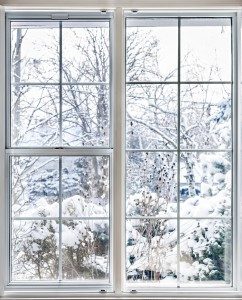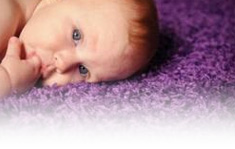 Winter is well behind us. It feels great, doesn’t it? Of course, if you are a winter sports enthusiast, then you might not like summer very much, but the vast majority of people enjoy time at the beach, barbecues, outdoor sporting events, hiking, and much more. Since we no longer have to deal with snow and slush, we no longer have to worry about tracked in salt, sand, and other muck commonly associated with winter precipitation. So, does that mean you can neglect your carpets?
Winter is well behind us. It feels great, doesn’t it? Of course, if you are a winter sports enthusiast, then you might not like summer very much, but the vast majority of people enjoy time at the beach, barbecues, outdoor sporting events, hiking, and much more. Since we no longer have to deal with snow and slush, we no longer have to worry about tracked in salt, sand, and other muck commonly associated with winter precipitation. So, does that mean you can neglect your carpets?
Absolutely not.
The rain is going to fall. Dust and dirt is prevalent. Residual sand from the winter plowing season is going to remain on sidewalks, driveways, the edges of roadways, and so on. Children and adults alike are going to be tracking in most of that dirt and other foreign materials.
Even if people remove their shoes as soon as they step through the door, dirt will begin to collect, it will get caught in the fibers of socks, and tracked throughout the house.
Yes, you vacuum, and that’s good.
Vacuuming is important. However, not even the strongest, most powerful and expensive residential vacuum cleaner in the world is strong enough to get all of the dirt and other particulates and foreign contaminants out of the carpet fibers. That’s why, even after you vacuum, when the sun is shining through the windows at the right angle, you can see a cloud of dust billowing up into the air if you run across the carpeting, dragging your feet because it’s kicking everything up that your vacuum missed.
It’s a good idea to have your carpets professionally cleaned this summer.
It’s highly advisable to have your carpets professionally cleaned twice a year, once during the winter, perhaps toward the tail end of it, and again in the summer. It will not only help those carpets look their best, but protect them well into the future.







